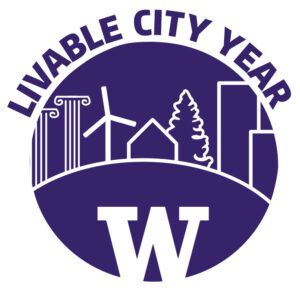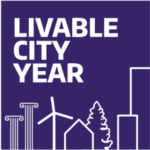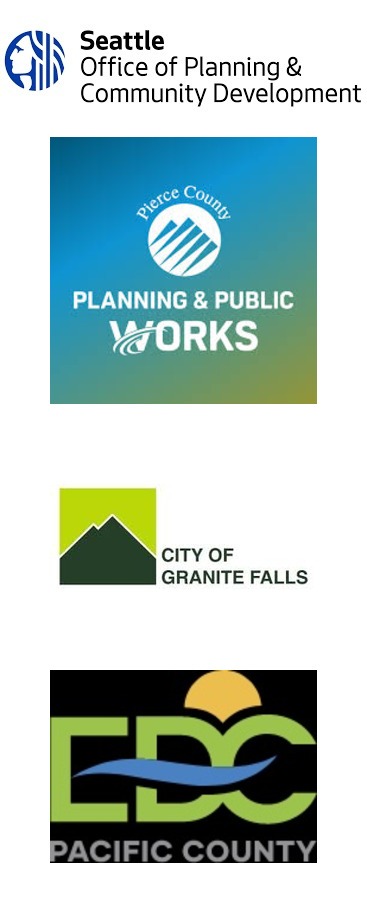January 14, 2020
University of Washington Livable City Year program partners with the City of Sultan
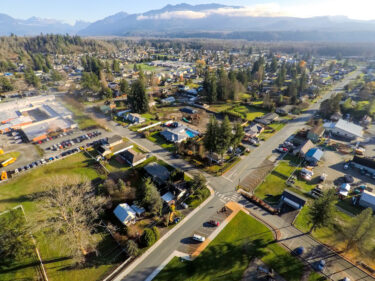
Photo by LCY Student Team
The University of Washington’s Livable City Year program is partnering with the City of Sultan during the 2019–2020 academic year, marking the program’s first small-city partnership. UW students and faculty will work with City of Sultan staff and community members on projects to improve livability and sustainability in this fast-growing community.
The projects are part of the Livable City Year program, a university-wide initiative that creates partnerships between the UW and local governments and communities. The program links the resources and human capacity of UW students and faculty — drawing across multiple UW schools, colleges, and campuses — to address priority projects identified by the community partner. Partnerships can last one to three years.
“The partnership between the City of Sultan and the UW’s Livable City Year program has already shown benefits to the Sultan community,” said Sultan Mayor Russell Wiita. “This partnership will assist the city in long-term planning and community outreach while providing real-world exposure to UW students in their coursework. I look forward to continuing this partnership and welcoming the program into the Sultan community.”
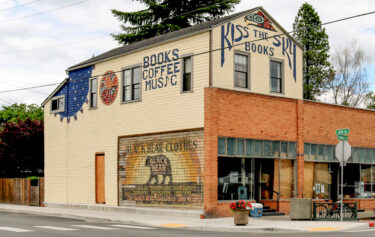
Photo courtesy of City of Sultan
The City of Sultan, population 5,194, is located in Snohomish County along US Route 2. In recent years the community has experienced rapid growth as it is within commuting distance of the large employment centers in the area. The city is preparing for further population growth and shifting demographics. Flooding is another challenge for the city, as parts are located on flat, low-elevation terrain at the confluence of the Skyhomish and Sultan rivers.
The partnership with Sultan marks the first Livable City Year small-city partnership. The program has been working to be more accessible to small municipalities, allowing the city to engage on a manageable scale while still ensuring meaningful and lasting impact for the community. The new model also allows the program to engage with multiple partners during an academic year.
“We are excited about our partnership with Sultan because it will help us understand the needs of small communities and how the university and LCY can support them,” says Livable City Year faculty co-director Branden Born. “In addition, Sultan is not only located in a beautiful place at the foot of the Cascades, it is also a welcoming and tight-knit community with untapped potential.”
This year the UW and the City of Sultan are working together on a multi-phased project to inventory and assess the city’s abundant parks and trails and recommend updates to the city’s Parks, Recreation, and Open Space (PROS) Plan. The year-long project includes significant community engagement and public participation, followed by drafting the plan update, and culminating in approval by City Council. Undergraduate and graduate students in Urban Design and Planning will both contribute to this project.
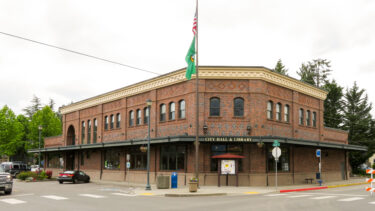
Photo courtesy of City of Sultan
Another project involves reviewing and updating Sultan’s land use code. The students conducting this project will receive guidance from faculty in Urban Design and Planning as well as a professional mentor from the local planning firm LDC.
UW’s Livable City Year program launched in the 2016–2017 academic year, with 17 projects completed with the City of Auburn, the inaugural partner. The program completed 27 projects for the City of Tacoma in 2017–2018, and 30 projects for the City of Bellevue in 2018–2019.
“It’s exciting to begin this year’s partnership with Sultan and see the students start to work on these projects,” said Livable City Year faculty co-director Jennifer Otten. “Livable City Year gives students a chance to work on real-world issues that provide benefit to the community and advances the public mission of the university.”
The LCY partnership has already inspired further engagement by UW students in Sultan, outside of the formal partnership. In Autumn quarter, graduate students studying floodplain management adopted the City of Sultan for their case study, and made recommendations for flooding and climate change adaptation for the city’s parks. In addition, a class from the School of Public Health will investigate possible health outcomes of alternative parks and open space development scenarios.
UW’s Livable City Year (LCY) program is led by faculty co-directors Branden Born (Urban Design and Planning) and Jennifer Otten (Environmental and Occupational Health Sciences). The program launched in 2016 in collaboration with UW Sustainability and Urban@UW, and with foundational support from the College of Built Environments, the Department of Urban Design and Planning, Undergraduate Academic Affairs, and the Association of Washington Cities.
The program is modeled after the University of Oregon’s Sustainable City Year Program and is a member of the Educational Partnerships for Innovation in Communities Network.
